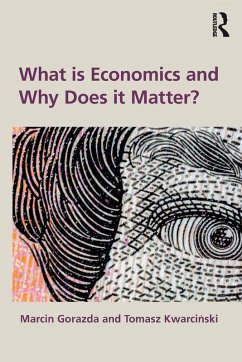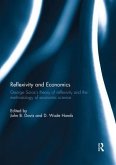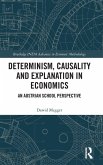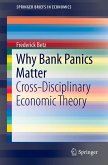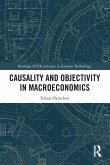Through a series of contemporary cases, issues, and applications, this book provides an engaging initiation to the philosophy of economics.
The book explores the morality of economics, the role of the state, policies for well-being, and the methods applied by economists. To encourage the idea of debate, the book explores both the pro and contra arguments of key questions: Why can't economists predict future crises? Why do we pay taxes, and who should pay more? Should we open borders for economic immigrants? Why do we rely on GDP? Is economics an experimental science? By exploring these questions, and many more, the book provides an accessible and thought-provoking overview of current debates in philosophy of economics.
This book is an ideal introduction to contemporary issues and questions in the philosophy of economics for all academic readers.
The book explores the morality of economics, the role of the state, policies for well-being, and the methods applied by economists. To encourage the idea of debate, the book explores both the pro and contra arguments of key questions: Why can't economists predict future crises? Why do we pay taxes, and who should pay more? Should we open borders for economic immigrants? Why do we rely on GDP? Is economics an experimental science? By exploring these questions, and many more, the book provides an accessible and thought-provoking overview of current debates in philosophy of economics.
This book is an ideal introduction to contemporary issues and questions in the philosophy of economics for all academic readers.

